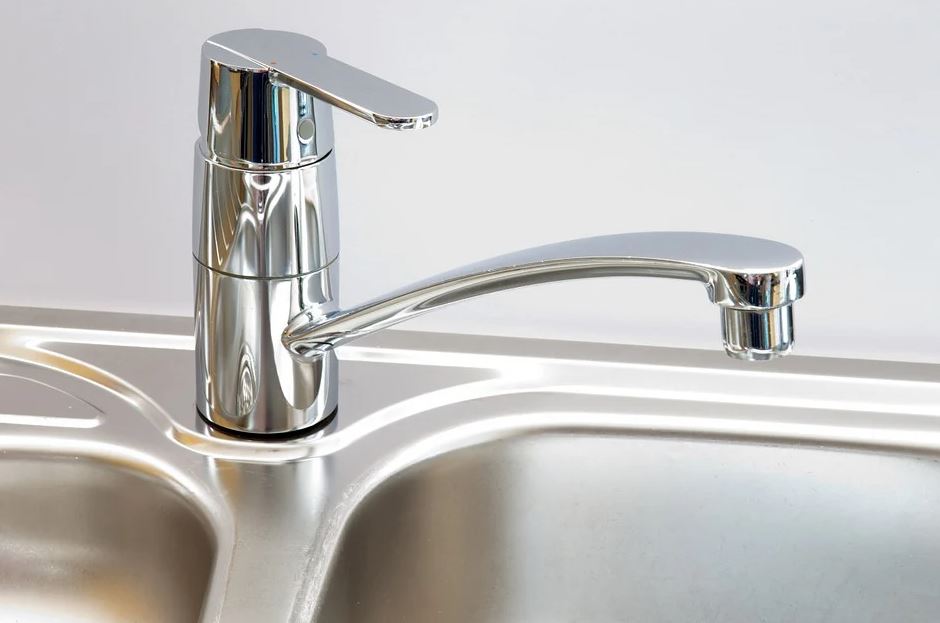Plumbing networks that bring fresh water to your home usually operate at high pressure. When that pressure falls below a certain threshold, it could affect your normal living and daily chores because you start having problems with devices like the lawn sprinklers, the toilet flush, and the kitchen faucet. That is when you need an emergency plumber in San Diego area since water leaks could damage your home in just several hours when neglected. Here are the main reasons why your home has low water pressure:
The Main Water Valve Is Partially Closed
Even though you may not know it, the main water valve could be anywhere underneath your kitchen sink or hidden in the water pipes collector. Even a slight movement of the water valve lever could significantly block the normal flow of water in your home network. That valve should align with the main water pipe to ensure it’s open.
There Is A Manual Shut-Off Valve Malfunction
Every plumbing system must have a manual shut-off valve to operate and block the water flow during an emergency. Older shut-off valves usually have calcium depositions on them, narrowing their diameter. This could lower the water pressure in your home’s network until you finally replace the valve.
You Have Adjusted A Water Pressure Regulator/Inspector
Some areas have a higher water pressure than others. Changing water pressure frequently happens in beach resorts, where the population increases during summer. Consequently, the water needs also increase. For that reason, people use water pressure regulators/inspectors to ensure that the internal pressure of their system will never exceed an acceptable level. Installing such a pressure regulator to your home’s private plumbing network means you have a significantly lower pressure than the one available in the public network, so as to protect your faucets and water heaters from blowing up.
Debris and Rust Have Built Up In Your Water Pipes
After several years of use, calcium, rust, and debris could build up inside your water pipes. If you have older copper or iron water pipes installed, you may face this problem quite soon. The only way to inspect the inner surface of your plumbing network would be a plumber passing a special camera through the pipe to expose the level of corrosion the water has caused to your pipes. These accumulations are a primary cause for significant drops in the water pressure in many homes and may only get fixed when you replace the water pipes.
A Larger Than Usual Water Heater Is Installed
Water heaters come in various sizes. When you have a big family, you may need a big water heater. The existence of such a huge water mass in your house plumbing network could slow down the flow of water. In other words, larger water heaters are responsible for a rapid drop in your home’s water pressure if appropriate water pumps do not accompany them. Getting a smaller heater would partially resolve the pressure problem, but installing a water pump would be ideal for restoring the pressure to normal if you intend to have a large water heater.
Leaks in The Main Water Pipe
Leaks are one of the most common issues to look out for when you face a sudden loss of pressure in your home’s plumbing network. Some of these leaks may happen in your main water pipe located outside your house, close to the metering device. When the leak is finally identified, you need to call emergency plumbing services to replace the main water pipe and ensure there is no further leakage in the internal network. Many leakages could stay unattended for long, leading to a gradual loss of water pressure and damaging your home’s infrastructure. It’s wise to call your plumber right away after you notice even the slightest water pressure drop.
Excessive Use of Water Filters
The use of water filters has become more popular these days. Many people who live in communities where public water networks are old have installed such filters to purify water. However, the use of water filters can create a lower pressure impact on their network and affect normal water flow. Therefore, homeowners should only install water filters on the kitchen faucets to ensure the water consumed is safe.
Dealing with low water pressure in your home can be downright frustrating. Your home appliances like the dishwasher and the washing machine may not work properly, frustrating you even further. That’s why you should call the experts to offer you their insight and identify the root of the problem as fast as possible.

